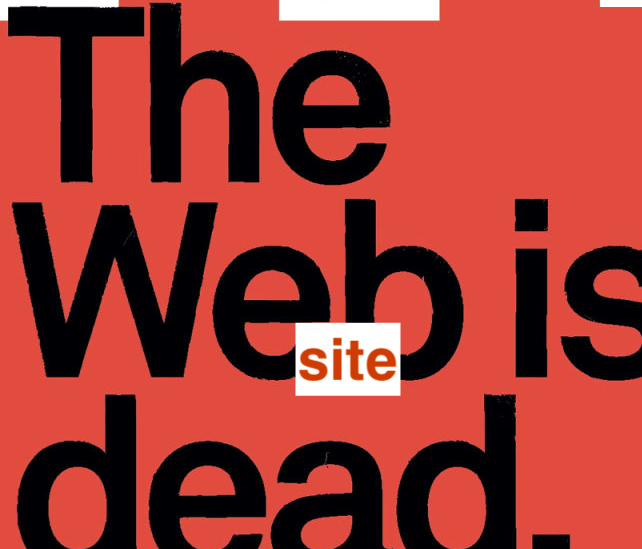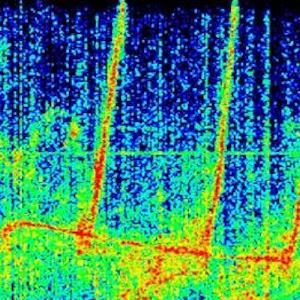Given that a big part of current computing and information technology contributes to pollution, contamination and is totally based on extraction, mining and fossil fuel based energy : the question we are compelled to ask the curators and institutions, is the obvious need (call it responsibility) of reducing harmful emissions, e-consumerism and the environmental impact of non-degradable electronic waste? On many instances, AI and ML are seen as "part" of the solution, born of digital technology, helping us understand and perhaps combat climate change. The array of AI applications within 'climate-tech' can have major implications in future policy making . There are lots of exciting "point solutions", but there’s no real example of AI directly (and meaningfully) reducing global emissions yet. In fact it adds to global emissions. A fact that every time we get on a virtual video conference or create an elaborate stage for artistic expression or take a flight, we are emitting and polluting. Like digital art, video and music, AI and ML are also hooked on energy. Radical ideas of degrowth, deep adaptation, collapse resilience and change of lifestyle seem to be omitted currently, from the discourses within Tech-Art, AI and ML - consequently the general objectives are aligned with the mainstream culture, call it emphasis on technology, to be able to combat climate change.
In the near future, we foresee AI and ML practitioners working within institutions and with individuals (artists, scientists, entrepreneurs etc) offering experience, solutions, utilities and practical nuggets of "deep learning". Tech-Art is a rapidly evolving arena and primarily open-source. Initiatives like BeFantastic are promising and supportive at the same time. Especially for the younger generation, who are at the receiving end of climate change as well as the global policies being framed for the future. Often institutions and individuals avoid discussing their own emissions and carbon footprint, however adding up tons of CO2 every year if not every month. Yet the culture is changing bit by bit - as we are told by Pro Helvetia that " following the Swiss Arts Council's “Guidelines for ecological sustainability at work” Pro Helvetia is dedicated to creating resource-friendly and ecologically sustainable working practices and makes an annual CO2 compensation payment for all air travels undertaken by its employees worldwide. In addition, it has the carbon footprint of its infrastructure assessed once per funding period".
With BeFantastic, optimistically we anticipate similar progressive steps to be taken by more institutions, technologists, artists and policy makers alike. Steps and pathways be they collective or individual, that lead to an overall positive impact upon the ecosystem. However, the equation between climate change and our current levels of consumption, output and emissions cannot be solved by 'techno-fixes'. Tech-Art should address people and their ecosystems, and not just shine the light on technology. People and art play an essential role together, in shaping imagination and finding solutions. What's most encouraging is that a majority of the voices and speakers of BeFantastic's initiatives are female - making the dialogue and future outcomes a lot more democratic and diverse. BeFantastic Together is inviting young artists, environmentalists, technologists, programmers, climate activists and community makers to join through their fellowship program.
for more information write to : coordinator@aaga.in































0 -